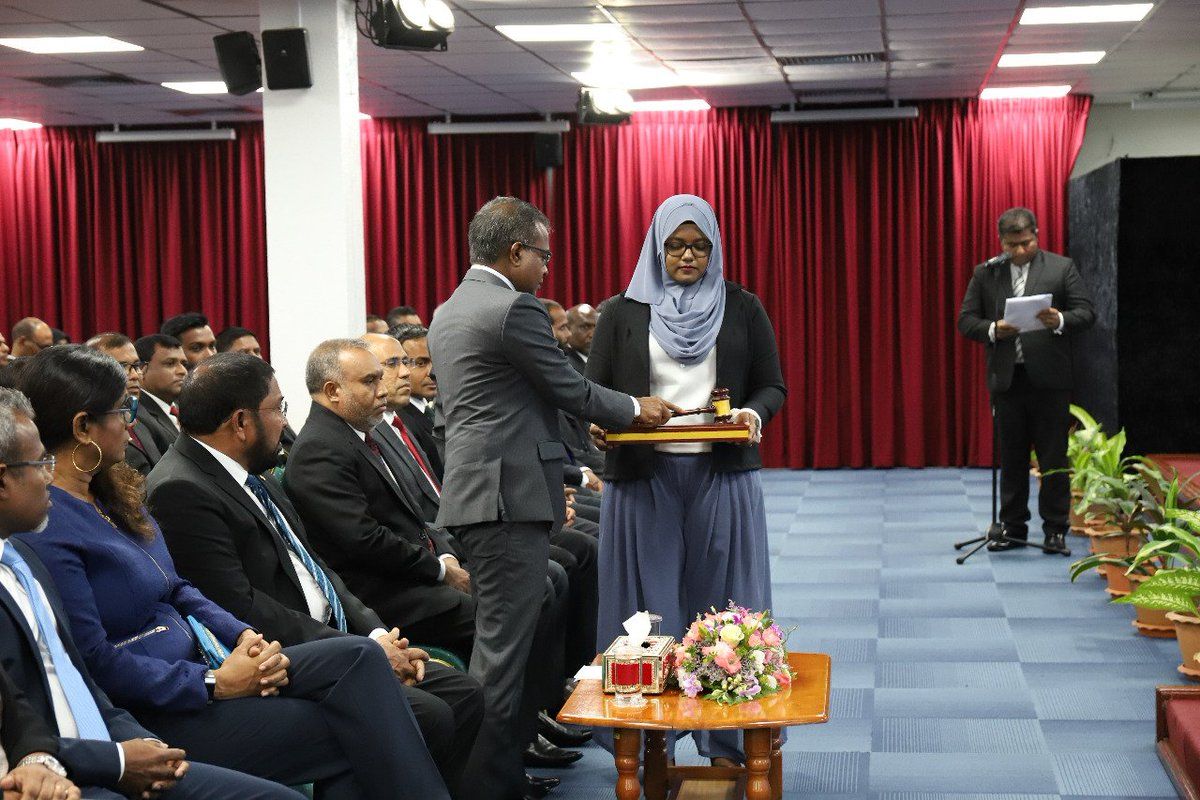Supreme Court unveils judicial reform roadmap
The 20-point roadmap calls for legal changes to ensure independence and improve oversight.

02 May 2019, 09:00
The Supreme Court has unveiled a five-year roadmap for judicial reform with proposals to ensure the independence of judges and improve oversight mechanisms.
Launched by Chief Justice Dr Ahmed Abdulla Didi at a function Wednesday night, the 20-point roadmap calls for amendments to laws relating to the judiciary, upholding educational and ethical standards, and changing the composition of the Judicial Service Commission, a 10-member watchdog body with representation from all three branches of the state.
“My wish and hope is to see the successful implementation of the judicial reform roadmap and the judicial action reform plan,” the chief justice said.
The roadmap comes after the Maldivian Democratic Party secured a super-majority of parliament with judicial reform as a key pledge of its campaign for the April 6 elections.
Become a member
Get full access to our archive and personalise your experience.
Already a member?
Discussion
No comments yet. Be the first to share your thoughts!
No comments yet. Be the first to join the conversation!
Join the Conversation
Sign in to share your thoughts under an alias and take part in the discussion. Independent journalism thrives on open, respectful debate — your voice matters.




